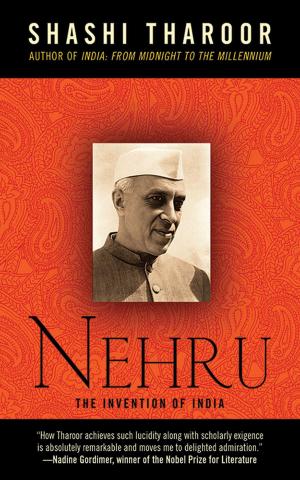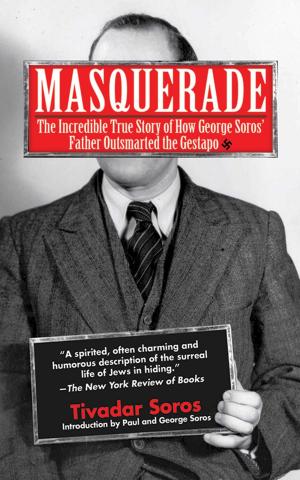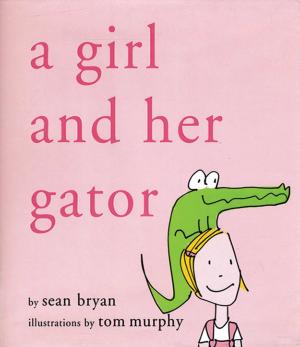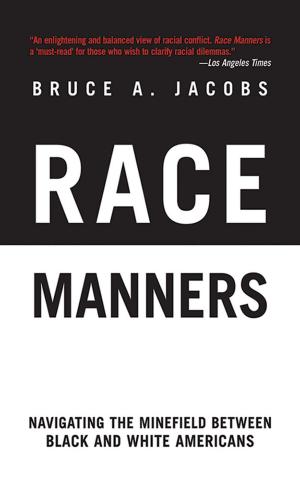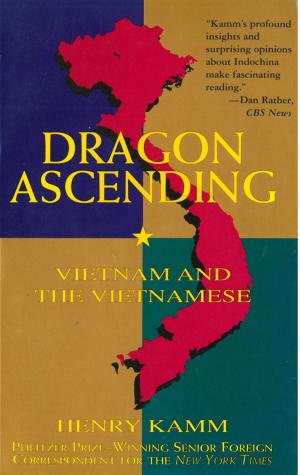| Author: | Wolfgang Paalen, Martica Sawin | ISBN: | 9781611459234 |
| Publisher: | Arcade | Publication: | June 4, 2013 |
| Imprint: | Arcade | Language: | English |
| Author: | Wolfgang Paalen, Martica Sawin |
| ISBN: | 9781611459234 |
| Publisher: | Arcade |
| Publication: | June 4, 2013 |
| Imprint: | Arcade |
| Language: | English |
Wolfgang Paalen was a central figure in internationalist surrealist circles in the late 1930s. Artist and intellectual, he was a European whose fascination with archaic cultures led him finally to Mexico, where he founded the influential magazine DYN in 1941. In the bold texts from DYN that make up Form and Sense, we encounter a unique artistic mind and an oracular voice.
Paalen’s book is an intellectual delight with essays on cubism, surrealism, the universality of forms in architecture, and the relationships that exist between art and science. He weaves together the new ideas and archaic inspirations in twentieth-century painting and sculpture. His nuanced and original considerations of some key figures—Mondrian, Kandinsky, Picasso—marked Paalen in turn as a significant thinker in the world of modern art.
This painter’s book, illustrated with carefully chosen examples of the art he examines, makes us not only understand but also experience the rich interplay between idea and image that informs the art of our own time. A new introduction by the scholar Martica Sawin examines Paalen’s career, particularly his influential writing on surrealism and abstraction.
Wolfgang Paalen was a central figure in internationalist surrealist circles in the late 1930s. Artist and intellectual, he was a European whose fascination with archaic cultures led him finally to Mexico, where he founded the influential magazine DYN in 1941. In the bold texts from DYN that make up Form and Sense, we encounter a unique artistic mind and an oracular voice.
Paalen’s book is an intellectual delight with essays on cubism, surrealism, the universality of forms in architecture, and the relationships that exist between art and science. He weaves together the new ideas and archaic inspirations in twentieth-century painting and sculpture. His nuanced and original considerations of some key figures—Mondrian, Kandinsky, Picasso—marked Paalen in turn as a significant thinker in the world of modern art.
This painter’s book, illustrated with carefully chosen examples of the art he examines, makes us not only understand but also experience the rich interplay between idea and image that informs the art of our own time. A new introduction by the scholar Martica Sawin examines Paalen’s career, particularly his influential writing on surrealism and abstraction.







